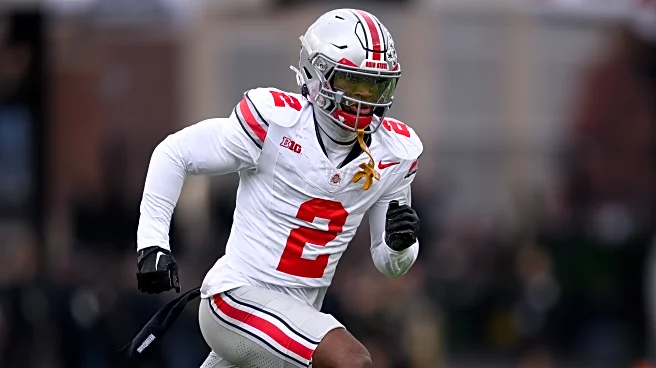Rapid Read • 8 min read
The U.S. Ninth Circuit Court of Appeals has overturned a $9 million trademark judgment against Ryder Ripps in favor of Yuga Labs, the creator of the Bored Ape Yacht Club (BAYC) NFTs. The court found that Yuga Labs did not provide sufficient evidence of consumer confusion caused by Ripps' RR/BAYC project, which he claimed was a parody. The ruling requires a retrial in a lower court and affirms that NFTs are considered 'goods' under U.S. trademark law. This decision is pivotal for the NFT industry, as it clarifies the legal framework for trademark protection in digital assets.
AD
The ruling has significant implications for the NFT market, as it sets a precedent for how trademark laws apply to digital assets. By classifying NFTs as goods, the decision provides a clearer legal foundation for brands seeking to protect their intellectual property in the digital realm. However, the court's emphasis on the need for concrete evidence of consumer confusion raises the bar for future trademark claims, potentially deterring speculative lawsuits. This could empower smaller creators to challenge aggressive trademark enforcement while encouraging brands to enter the NFT space with more confidence.
The case will return to a lower court for a retrial, where Yuga Labs must present more substantial evidence to support its claims. The outcome of this trial could influence future litigation strategies and regulatory approaches in the NFT market. If Yuga Labs fails to prove its case, it could impact the perceived value of high-profile NFT collections and investor confidence. Conversely, a successful defense of trademark rights could lead to stricter brand protections in the digital art and crypto asset space.
The case highlights the tension between intellectual property rights and artistic freedom in the NFT space, where parody and transformative works often blur legal lines. The decentralized nature of blockchain technology complicates enforcement, posing challenges for both large entities and independent creators.
AD
More Stories You Might Enjoy












